Cyber Scares
Why Social Media Films Struggle to Spook Us
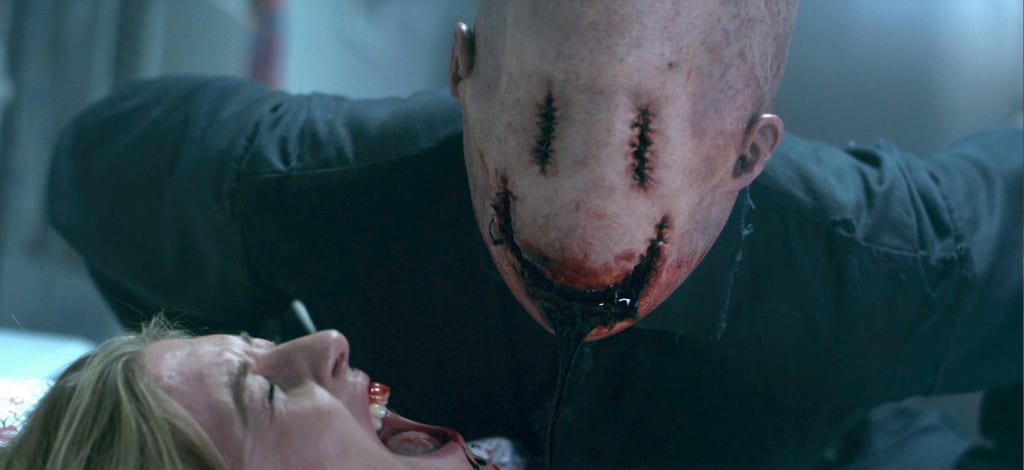
Since the turn of the decade, there has been an influx of social media-themed horror films—some decent, some outright awful—that were designed to take an internet-dependent audience and use that dependency against them in the pursuit of spooks.
While horror films regarding social media often have the capacity to make our skeletons spring from our skins within the confines of their running time, they very rarely have a lasting effect on viewers that keeps them awake at night. Here are three theories as to why that might be:
Desensitised Audiences
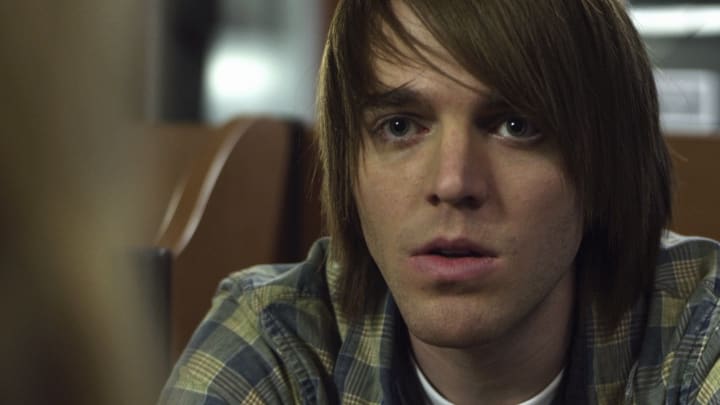
Smiley [Credit: Fever Productions LLC/MIJ Productions]
The internet can be a wonderfully dark place, full of Creepypastas and urban legends that breathe life into entities such as Slender Man and Jeff the Killer. Stories and myths spawned in the minds of internet users are often twisted beyond the boundaries of horror films, and are made scarier by the fact that, in some cases, no one knows for sure whether they’re real or not. Unfortunately, the very people that are exposed to such content are the same people that the films are designed to reach.
Some writers have incorporated such themes into their films in an attempt to tap into what captures the interest of certain online communities—2012’s Smiley being a prime example of this. The film focuses on an urban legend regarding a deformed smiling slasher who comes to kill anyone at the receiving end of a triple “I did it for the lulz” message, then later targets the sender themselves. YouTube icon Shane Dawson also appears in a further apparent attempt to pander to the target audience. Audiences have seen it all; this culture of mass consumption created by the internet means that there are fewer concepts that viewers are spooked by, allowing them to have developed a hard skin that is difficult to pierce.
Detached Storylines
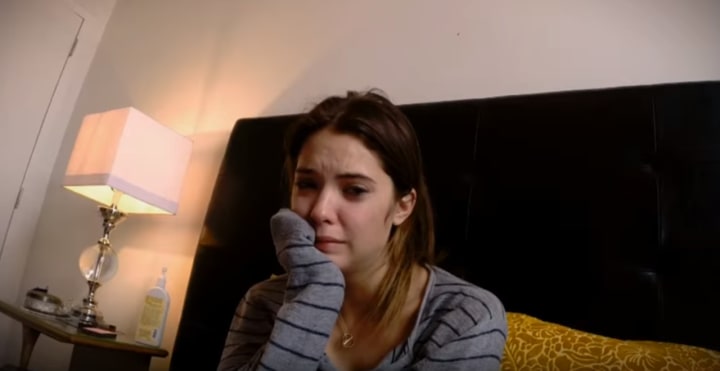
Ratter [Credit: Destination Films/Vertical Entertainment]
Let’s face it, most social media-based horror flicks can be a little far-fetched. Nine times out of 10, they involve a girl who commits suicide and then seeks her revenge by becoming a phantom internet troll who kills her victims in a series of mind-controlled scenarios. The fact that storylines tend to be so over the top means that there’s no eerie sense of possibility that leaves the viewer thinking twice before accepting a friend request from quiet girl in their college class.
2016’s Ratter is probably one of the only exceptions, with a creepy cyber-stalker capable of infiltrating the lead’s (played by Pretty Little Liars star Ashley Benson) webcam and social media pages. Shot from the perspective of the stalker, revealing all the character’s intimate everyday moments and interactions, prompting us to swiftly tape over all webcams. It dabbles with a danger that is all too real in this day and age, and so it is much more frightening in the long-term than the more supernaturally focused plots out there. There’s an abundance of topics to be explored that have not yet been touched. In real life, the internet can pose a huge threat if not handled with care, and this is a concept that could easily be exploited, making for longer lasting effects on audiences.
Divergent Characters
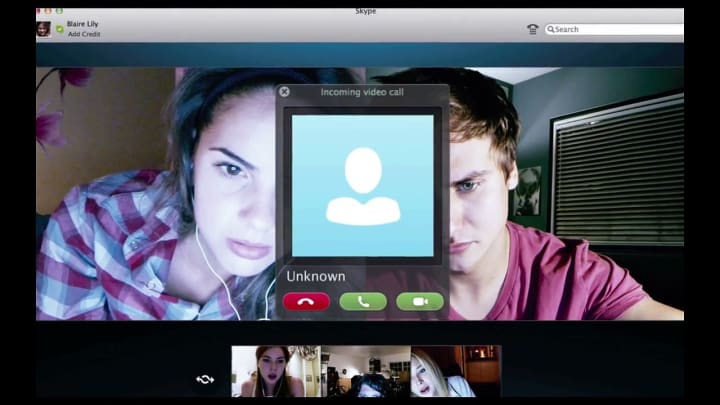
Unfriended [Credit: Universal Pictures]
There is definitely a reoccurring theme when it comes to character development in such films, and that is the blockishly stereotypical way in which they are depicted. We’ve seen them all—the health freak, the scary loner, the trolls—frankly, it’s hard to take them seriously when characters can sometimes feel more like a direct attack on the internet community.
2015’s Unfriended is probably the most real depiction of the everyday internet user. The clever way in which it is shot as if you are watching through a computer screen, and the use of popular social networking sites, such as Facebook, Skype, and Spotify, brings the tale all too close to home. A lot of the time, horror is all about over-exaggeration—which is not necessarily a bad thing—but in terms of characters, if they're not relatable then it is hard to feel frightened for them.
Final Thoughts
While there are some strong contenders on the social media horror flick front, on the whole there is something the sub-genre seems to lack in the spook department. Maybe if more movies could hack into what it is that makes for a long-lastingly scary storyline, the topic will be able to continue through to future decades without running dry.
Are there any social media horror movies that kept you up at night?
About the Creator
Tyler Turner
Music and film blogger. English and History student. South Park goth kid.
Like what I do? You help me continue doing what I love most by supporting me on ko-fi.com/tylerturner


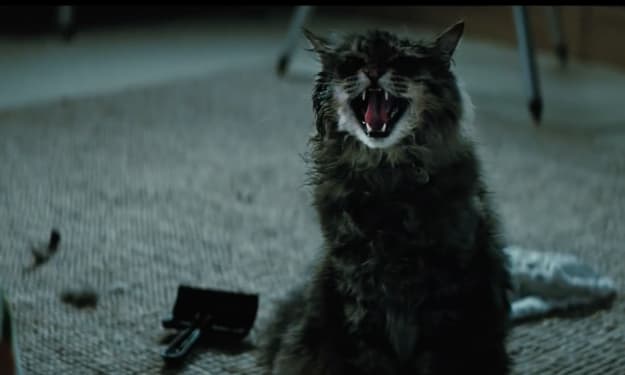



Comments
There are no comments for this story
Be the first to respond and start the conversation.